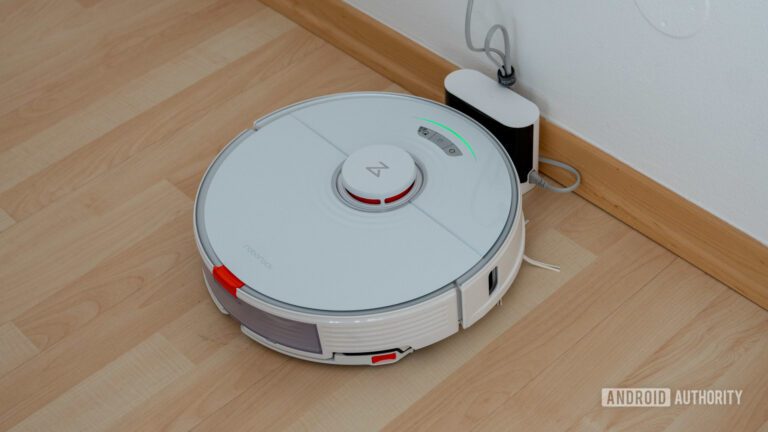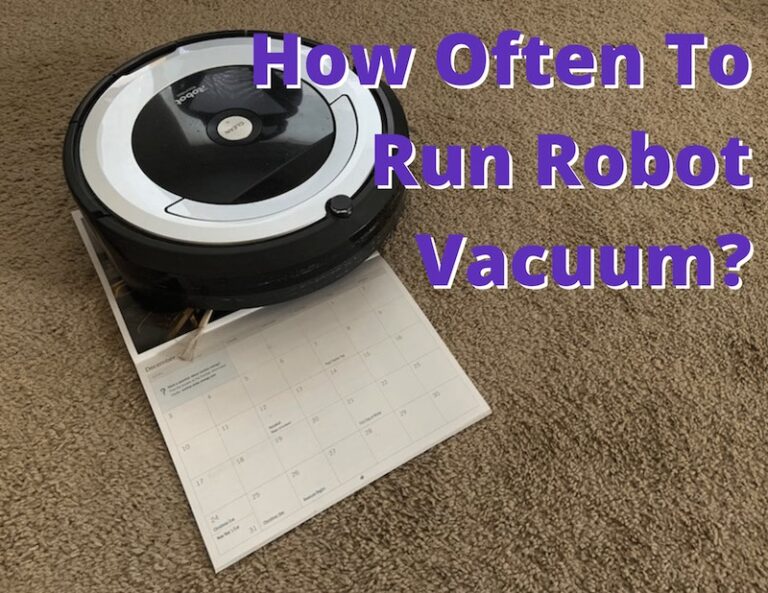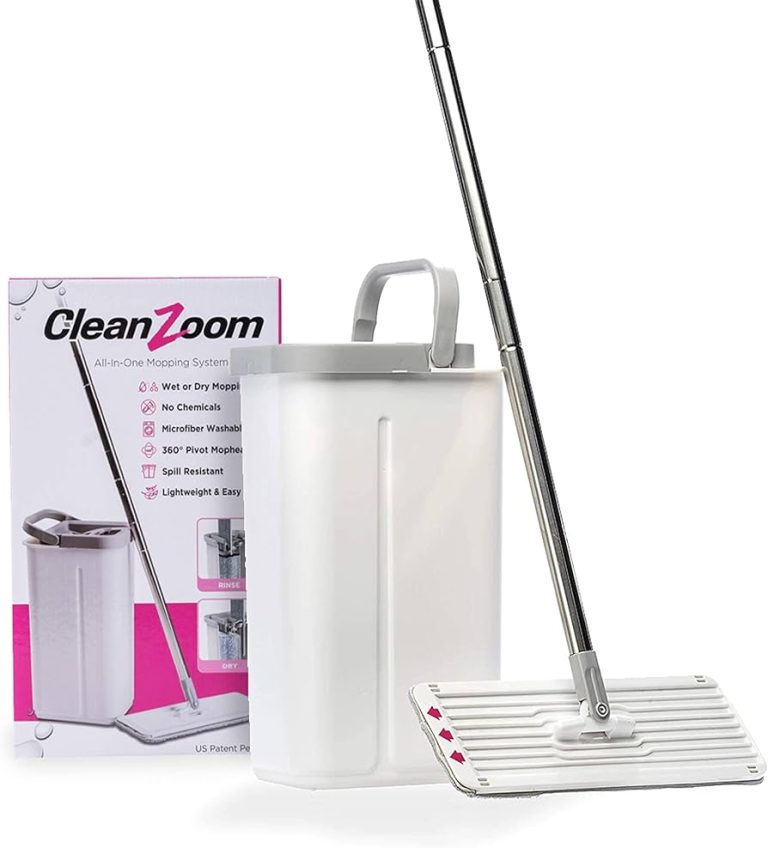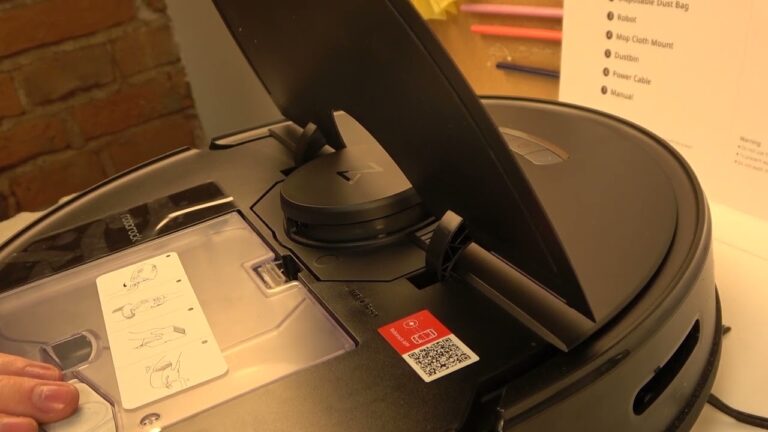How Long Do Robot Vacuums Last?
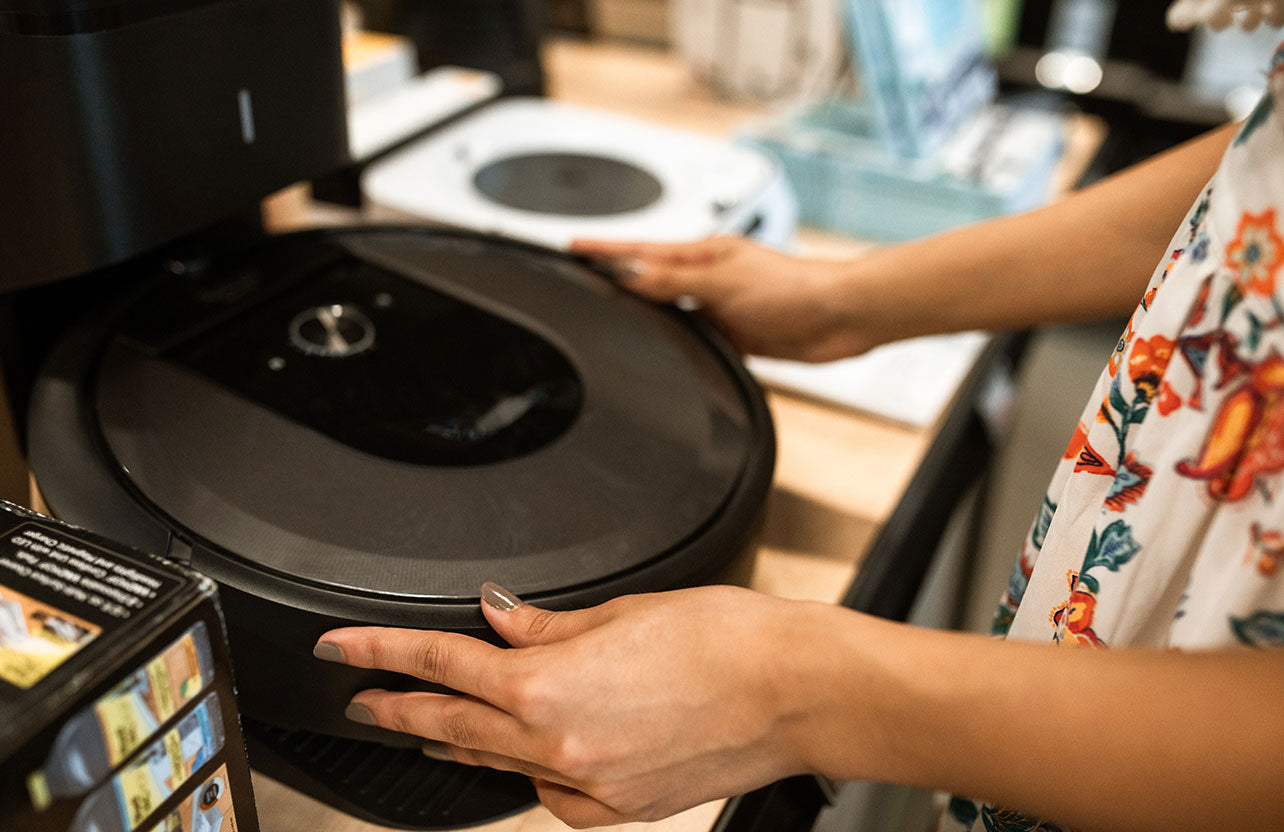
Robot vacuums typically last between 5 and 10 years, depending on the brand and usage. With the advancement of technology, robot vacuums have become a popular choice for homeowners seeking a hassle-free cleaning solution.
These autonomous cleaning devices use sensors and algorithms to navigate through your home, collecting dirt and debris along the way. But how long can you expect a robot vacuum to last? The lifespan of a robot vacuum can vary depending on factors such as brand, usage, and maintenance.
On average, robot vacuums can last between 5 and 10 years, with some high-quality models even lasting longer. We will explore the factors that contribute to the longevity of a robot vacuum, as well as tips to extend its lifespan. So, if you’re considering investing in a robot vacuum, read on to understand how long you can expect it to last.
Factors That Influence The Lifespan Of Robot Vacuums
Factors that influence the lifespan of robot vacuums include the quality of the vacuum, usage frequency, cleaning environment, and maintenance. Quality is a crucial aspect as it determines the durability and performance of the vacuum. A high-quality robot vacuum is likely to have a longer lifespan compared to a low-quality one.
The frequency of usage also impacts the longevity of the vacuum. If the vacuum is used excessively or for extended periods, it may wear out more quickly. Additionally, the cleaning environment plays a role in the lifespan of the vacuum.
If the robot vacuum operates in a challenging environment with excessive dirt, debris, or obstacles, it may experience more strain and have a shorter lifespan. Regular maintenance and upkeep, such as cleaning the brushes and filters, can significantly extend the lifespan of the robot vacuum.
By adhering to these factors, users can maximize the lifespan of their robot vacuums.

Credit: thamtus.com
Quality Of The Robot Vacuum
Robot vacuums can last for several years if they are of good quality. The longevity depends on various factors. One important aspect is the brand reputation and customer reviews. It is advisable to choose a well-known brand with positive feedback from customers.
Another factor to consider is the construction and materials used in the vacuum. High-quality materials ensure durability and longevity. Additionally, the technology and features offered by the robot vacuum play a significant role in its lifespan. Advanced technology and useful features enhance its performance and can contribute to a longer lifespan.
Therefore, when purchasing a robot vacuum, it is crucial to consider factors such as brand reputation, customer reviews, construction and materials, as well as the technology and features offered. By considering these aspects, you can ensure that your robot vacuum lasts for a long time and provides optimal cleaning performance.
Usage Frequency And Cleaning Environment
Robot vacuums have different lifespans depending on usage frequency and cleaning environment. Daily cleaning schedules can lead to shorter lifespans compared to weekly cleaning schedules. The size and layout of the living space also play a role in the longevity of robot vacuums.
Larger homes with multiple rooms may require more frequent and intense cleaning, potentially reducing the lifespan of the vacuum. Moreover, the types of surfaces being cleaned can influence how long the vacuum lasts. Certain surfaces may be more abrasive and cause wear and tear on the vacuum’s components.
To ensure that your robot vacuum lasts as long as possible, it is important to consider these factors and adjust your cleaning frequency and methods accordingly. By doing so, you can maximize the lifespan and efficiency of your robot vacuum.
Maintenance And Upkeep Of The Robot Vacuum
Robot vacuums typically have a lifespan of about 2 to 5 years, depending on various factors such as usage frequency and maintenance. To ensure the longevity of your robot vacuum, it is essential to focus on regular cleaning and filter replacement.
Keeping the vacuum clean helps maintain its efficiency and prevents clogs. Additionally, replacing the filters regularly improves air quality and prolongs the lifespan of the vacuum. Another crucial aspect is battery life and charging cycles. It is important to follow the manufacturer’s instructions for charging to prevent damage to the battery and maximize its lifespan.
Lastly, keeping the software updated ensures compatibility with new features and improves the vacuum’s performance. By following these maintenance and upkeep practices, you can extend the lifespan of your robot vacuum and keep it functioning optimally.
Frequently Asked Questions Of How Long Do Robot Vacuums Last
How Can I Make My Robot Vacuum Last Longer?
To make your robot vacuum last longer, follow these tips:
1. Clean the robot’s brushes and filters regularly.
2. Empty the dustbin after each use.
3. Keep the charging station and robot’s sensors clean and free from dust and debris.
4. Avoid using the robot vacuum on wet or uneven surfaces. Regularly maintaining your robot vacuum will prevent clogs and ensure optimal performance. Cleaning the brushes and filters helps prevent them from getting tangled or clogged with dirt and hair. Emptying the dustbin after each use ensures it doesn’t overflow and affect the robot’s suction power.
Keeping the charging station and sensors clean helps the robot navigate properly and prevents any hindrance in charging. Lastly, using the robot on suitable surfaces prevents damage and reduces wear and tear. Follow these easy steps to extend the lifespan of your robot vacuum.
How Long Does A Shark Ion Robot Vacuum Last?
The Shark Ion robot vacuum typically lasts for about 2-3 years with regular use.
Should You Run Your Robot Vacuum Every Day?
Running your robot vacuum every day is recommended for optimal cleaning and maintenance. Regular use helps to keep your floors free from dirt, dust, and debris. By running it daily, you can prevent the accumulation of allergens and maintain a cleaner, healthier home environment.
It can also reduce the amount of time and effort you spend on manual vacuuming. Additionally, daily use can help your robot vacuum to familiarize itself with your home’s layout, improving its navigation and cleaning efficiency over time. However, it’s important to consider your specific needs and circumstances.
If you have a smaller space or less foot traffic, you may not need to run it every day. Ultimately, the frequency of use depends on your preferences, but running your robot vacuum daily can help keep your floors clean and save you time and effort.
Conclusion
The lifespan of a robot vacuum depends on several factors, including build quality, usage patterns, and maintenance. While individual experiences may vary, with proper care and maintenance, you can expect your robot vacuum to last for several years. Regularly clean and maintain your device, follow manufacturer recommendations, and invest in a quality model for optimal durability. Robot vacuums are a valuable addition to modern homes, offering convenience and efficiency in maintaining clean floors.

